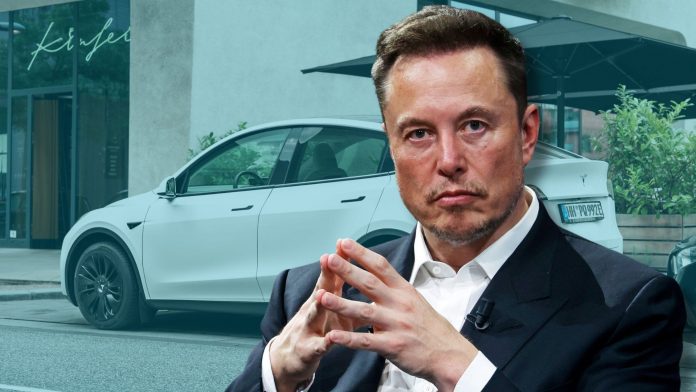Tesla has slashed driving range estimates across its model lineup in response to new regulations aiming to improve transparency in the electric vehicle sector.
The EV maker has previously faced criticism from consumers, third-party analysts, and federal regulators for exaggerated driving range estimates. Last year, Reuters reported that Tesla received so many calls over the issue that the company created a secret division in 2022 tasked solely with suppressing customer complaints. The media platform also claimed that in-vehicle driving range displays were, at one point, designed to exaggerate the length of time the car could be driven before the battery depleted.
Although Tesla has not confirmed that its driving range revisions were made for compliancy’s sake, most models, excluding the Model 3, the Cybertruck, and certain trims, are now shown on the company’s website with lower range estimates than last week, based on archived pages from the company’s website and recent data from the Environmental Protection Agency (EPA). Driving range estimates for the Model Y Performance (now 285 miles) and Long Range (now 310 miles ) editions saw respective losses of 18 miles and 20 miles from their original numbers. The Model X Plaid saw a seven-mile decrease down to 326 miles. The Model S Plaid (now 359 miles) saw the greatest reduction, losing 37 miles.
The EPA’s driving range rules now require automakers to base their estimates on each model’s default driving settings, negating the use of features that may reduce power consumption or take other measures to boost ranges. For EVs without a default mode, companies are now obligated to average results from tests taken in the best and worst conditions. Electrified cars are known to perform worse in colder weather due to energy costs from interior heating and chemical reactions within the battery.
Tesla has seen its list of controversies grow in recent years as the number of investigations into the car manufacturer, both federal and journalistic in nature, continue to pile up. In late 2023, Reuters claimed that the EV brand had wrongly charged customers for what should have been under-warranty repairs while ignoring abnormally high failure rates in critical suspension components. Company CEO Elon Musk was also recently accused of drug abuse by the Wall Street Journal, which also claimed fellow Tesla and SpaceX executives had become increasingly agitated over the issue. Musk has since denied those allegations.




